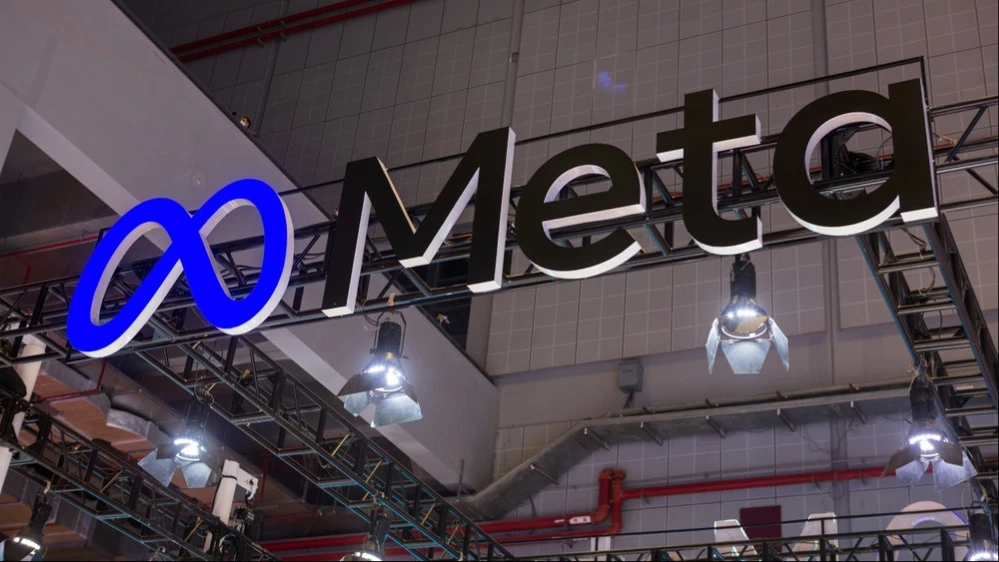Zuckerberg has assembled a group of superintelligence developers. Shares of Meta updated the maximum
The Meta Superintelligence Labs team includes former OpenAI, Anthropic and Google employees

On Monday, a letter from Meta CEO Mark Zuckerberg about the creation of a new division that will develop superintelligence - an AI system capable of performing tasks at or above the human level - was released to the media. The division is named Meta Superintelligence Labs and will be headed by the former CEO of startup Scale AI. Meta shares reached a record high on June 30, which underscores the growing interest of investors in the new direction of the company, Bloomberg writes.
Details
Meta CEO Mark Zuckerberg told employees that the company's research into AI development will continue at its new Meta Superintelligence Labs (MSL) division. According to an internal memo followed by Bloomberg, MSL will be led by Alexander Wang, the former CEO of Scale AI, a startup that builds data sets for AI training. Zuckerberg called Wang "the most impressive founder of his generation" and appointed him chief AI officer, the agency wrote.
"As the pace of progress in AI accelerates, the development of superintelligence becomes more and more real," Zuckerberg said in an email to employees. - I believe this will be the beginning of a new era for humanity, and am fully committed to doing whatever is necessary to ensure Meta leads the way."
Investors reacted positively to the news. Quotes of Meta in trading on Monday rose to $747.9, surpassing the February high. Meta overtook the other stocks in the "Magnificent Seven" group of technology companies in terms of YTD returns, adding 26%. By comparison, shares of AI chip maker Nvidia, which is also at record highs, are up 17%.
Super team for superintelligence.
In June, it became known that Zuckerberg was personally controlling the selection of specialists for the new team, which Meta informally calls the Superintelligence group, sources told Bloomberg. It was planning to hire about 50 people in total.
Meta hired Scale AI CEO Alexander Wang and his team. The move was part of a $14.3 billion investment in the data markup startup. Meta also hired Nat Friedman and Daniel Gross, co-founders of Safe Superintelligence, a startup valued at $32 billion. According to data from CNBC, Meta tried to buy out all of Safe Superintelligence, but was rejected by co-founder and renowned AI scientist Ilya Sutzkever.
Meta has also poached specialists from OpenAI. As OpenAI CEO Sam Altman said in one of his podcasts, Meta was offering his employees lifting bonuses of up to $100 million. Meta CTO Andrew Bosworth said on CNBC on June 20 that the situation in the talent market is really incredible and unprecedented in all 20 years of his career in technology, CNBC writes.
In a letter to employees, Zuckerberg announced the hiring of 11 researchers and software engineers from OpenAI, Anthropic, and Google. They include former DeepMind employees Jack Ray and Pei Sun, as well as several researchers from OpenAI: Jiahui Yu, Shuqiao Bi, Shengjia Zhao, and Hongyu Ren. In addition, Joel Pobar from Anthropic, a software engineer who previously worked at Meta for over a decade, joined the team.
What it means for investors
Meta is assembling a new team to develop general intelligence (AGI) amid senior staff departures and poor user response after the latest release of Llama 4, writes Reuters. The initiative in AI development has been taken over by competitors: Google, OpenAI and China's DeepSeek.
Zuckerberg hopes the new lab will accelerate the development of AGI - machines that can out-think humans - and help create new revenue streams through Meta's AI app, image-to-video conversion-based advertising tools and smart glasses. Meta also is using AI to better target ads - its main source of revenue - and increase engagement across its services, from Instagram to WhatsApp.
However, some analysts fear that Meta's bet on AGI could turn out to be another "moonshot project" that won't turn a profit anytime soon, Reuters notes. Meta's other ambitious project - its Reality Labs division - has burned through more than $60 billion since 2020, and so far the results have been only Ray-Ban smart glasses and Quest headsets.
Last week, UBS analyst Stephen Ju raised his target price on Meta's shares from $683 to $812, maintaining a "buy" recommendation on the securities. The analyst notes that Wall Street has long included Meta's high research expenses in the stock price, while possible new revenues have not.
"While there has been a lot of news lately about investment in Scale AI and increased hiring of AI specialists, we note that capital expenditures and likely much of the operating expenses are already factored into our forecasts, while none of the potential long-term revenue sources from AI initiatives are yet reflected in either our or Wall Street's forecasts," Ju wrote in a note that is cited by Investor's Business Daily.
As the analyst explains, Meta is the main consumer of its own technologies and is therefore less exposed to the risks associated with a possible slowdown in demand for corporate AI solutions. As a consequence, UBS is less concerned about Meta's potential overcapacity compared to demand.
This article was AI-translated and verified by a human editor
